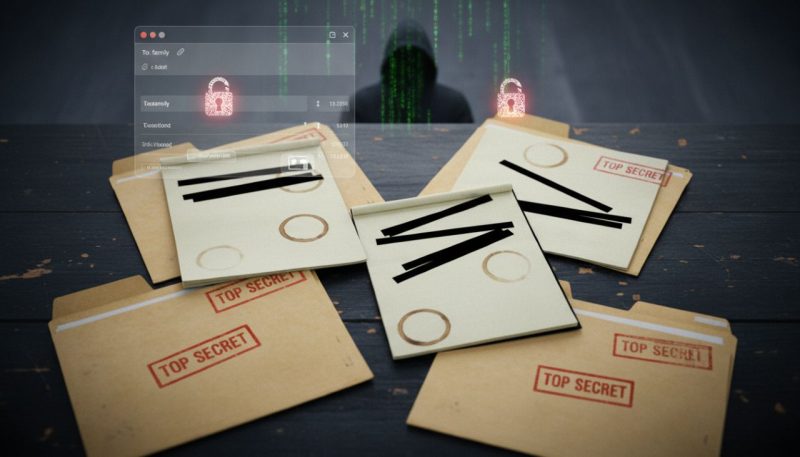
A former national security adviser faces a sweeping classified-documents indictment. The legal questions are big. The political implications are bigger.
John Bolton, Donald Trump’s former national security adviser and later one of his sharpest Republican critics, was indicted by a federal grand jury in Maryland on 18 counts tied to the mishandling of national defense information: eight counts of unlawful transmission and ten counts of unlawful retention, according to the 26-page charging document reported by multiple outlets. Prosecutors allege Bolton shared “diary-like” entries and other materials—including information classified up to Top Secret—with two relatives using non-government email accounts and retained additional sensitive records at his Maryland home and Washington office, details described in contemporaneous coverage by CNN.
If that sounds uncomfortably familiar, it should. The charges mirror the architecture of other Espionage Act cases in our era of sloppy, politicized document handling. But the Bolton case lands in an even more charged environment: the Trump administration’s broader pursuit of perceived enemies, after high-profile charges against James Comey and Letitia James that career prosecutors reportedly resisted. Unlike those cases, however, Bolton’s indictment appears to have moved forward with backing from career officials in Maryland—one reason this one matters on the merits, not just the optics.
What’s Actually Alleged
- The counts: 18 in total—eight transmission and ten retention of national defense information under the Espionage Act—handed up by a Maryland grand jury, per The New York Times.
- The conduct: Prosecutors say Bolton used personal email (AOL and Google) and messaging apps to share hundreds of pages of day-to-day national security notes—some Top Secret—with two relatives lacking clearances; additional documents with classification markings were later found in FBI searches of his home and office this summer.
- The risk: Court records describe a hack of Bolton’s personal email by an actor believed linked to Iran between 2019 and 2021, raising the specter of inadvertent exposure of classified content, as reported by CBS News.
Bolton’s attorney has argued the documents were decades old and declassified or approved through pre-publication review, and that an “objective and thorough” assessment will exonerate him—a defense preview described by Reuters.
The Rule Of Law Test, Not The Loyalty Test
This case is a stress test for two competing interpretations of American justice. One says: the law applies equally to the powerful, even when it’s uncomfortable. The other says: prosecutions are a loyalty test—deployable against disfavored figures. The former is how democracies self-correct; the latter is how democracies decay.
Here’s the uncomfortable convergence: Bolton stands accused of some of the very offenses Republicans once framed as emblematic of a two-tiered system when the target was Trump. If the facts are similar, the legal consequences should rhyme. That’s institutional integrity. The danger is not that the government brought an Espionage Act case—it’s that in parallel, the administration has pressed a string of cases against Trump critics that even veteran prosecutors reportedly refused to sign, muddying the pool. The Bolton prosecution will be judged, rightly, on its evidence; it may also be judged, unfairly or not, in the reflection of the company it keeps.
Institutions Versus Retribution
Three things can be true at once:
- Sharing Top Secret material with unauthorized recipients is an egregious security breach if proven—no matter the party, résumé, or history with the president. That’s civic hygiene 101. The indictment’s specificity on “diary-like entries” and the alleged richness of the classified content suggests a substantial evidentiary record, as summarized by CNN.
- The optics are toxic: Bolton is the third major Trump antagonist charged in weeks. That pattern invites the conclusion that political payback is a feature, not a bug, of the current DOJ posture—even as the Bolton matter reportedly originated and matured before, and with, career prosecutors in Maryland.
- The system can still work: venue in Maryland, involvement of non-Virginia prosecutors, and the technical nature of the counts all point to a case that can be litigated on law and facts, not cable-chyron vibes.
The Global Stakes Of Sloppy Secrets
There’s also a geopolitical dimension. Allies share intelligence on the assumption that Washington can keep it. The indictment references information derived from sensitive sources and foreign partners and even alleged insight into future attacks. If senior U.S. officials—of either party—normalize casual handling via personal email and family chat, allied services will recalibrate what they share and how. Democracies depend on resilient intelligence-sharing; they wither under suspicion.
What To Watch Next
- The indictment’s technical scaffolding: Expect defense arguments around declassification, authorization, and whether the materials meet the Espionage Act’s “national defense information” standard. These are not academic skirmishes; they are the heart of the case.
- The provenance of the evidence: The FBI searches and what agents seized—binders, devices, and labeled documents—will be litigated. Chain of custody and scope will matter, as previewed by CNN.
- The politics of selectivity: Even if this case is solid, selective enforcement erodes trust. If DOJ wants to restore confidence, it must show its work—charging where facts and law warrant, declining where they don’t, and disentangling legitimate cases from political crusades.
The Bottom Line
In a healthy democracy, you don’t get indicted because you angered the president—and you don’t get a pass because you did. The Bolton case is an opportunity to demonstrate that distinction in practice. If the evidence is as concrete as reported—printed Top Secret material, emailed “diary” entries to relatives—that’s not a process crime; it’s a substantive breach. If, instead, the record is thinner than the headlines, the courts should say so, clearly and quickly.
The progressive view here is boring by design: protect institutions, apply the law consistently, and fortify the guardrails that keep national security above personality politics. That’s not retribution. That’s the republic doing maintenance.
